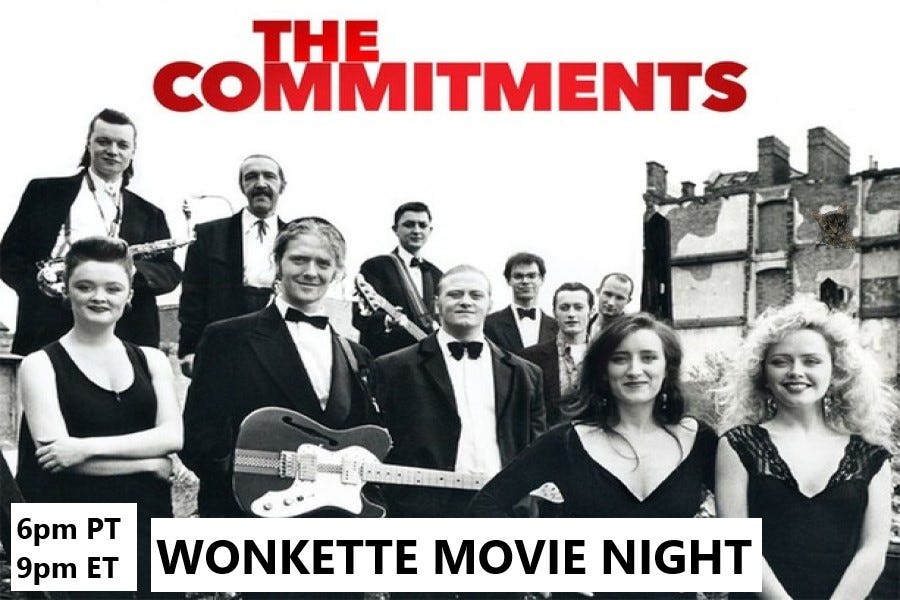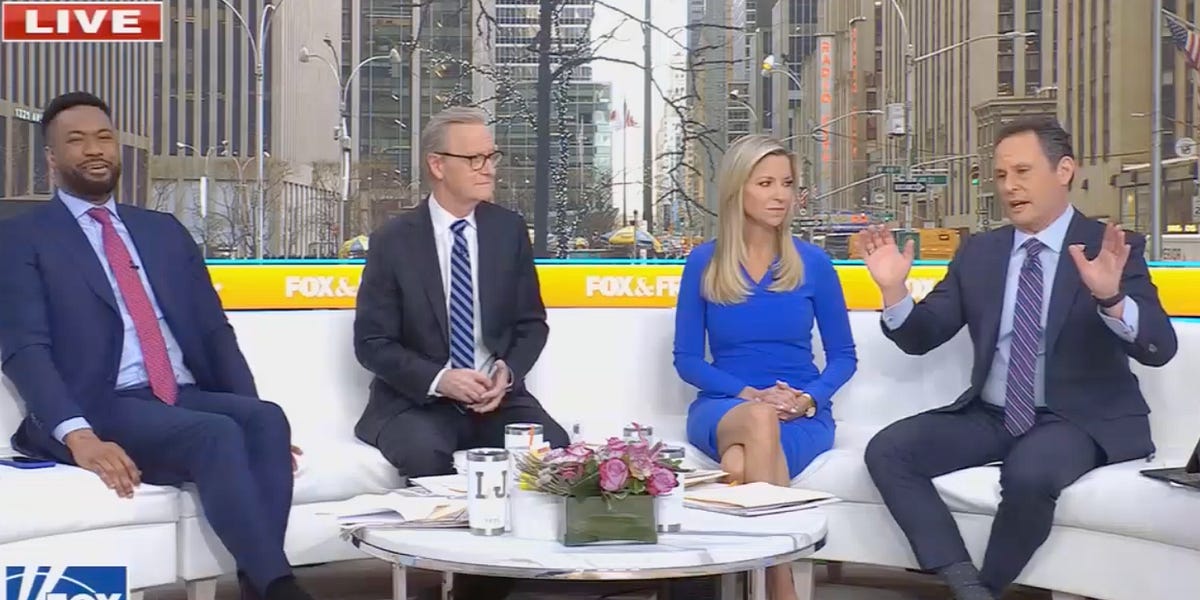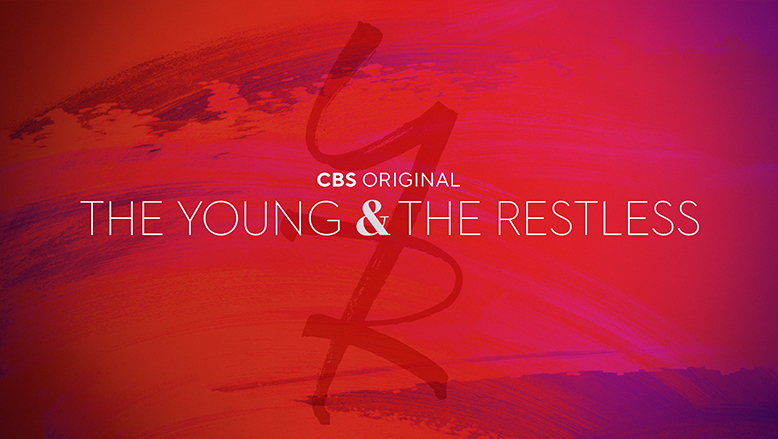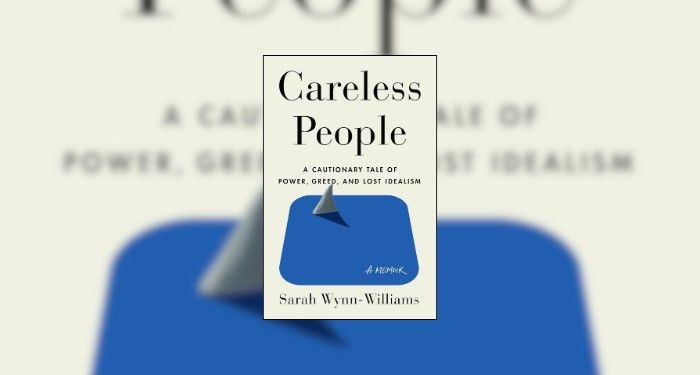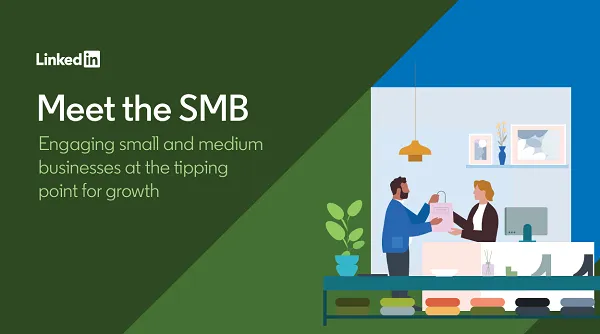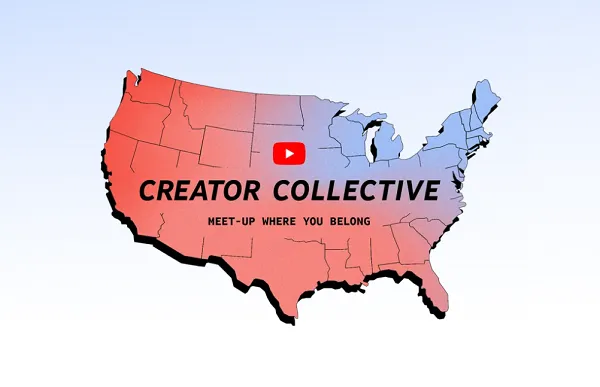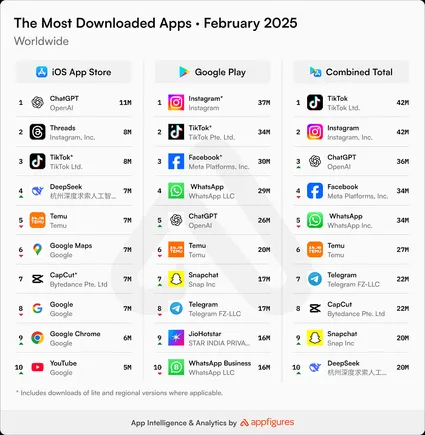The Labor Department’s monthly jobs report says that the US economy added 142,000 jobs in August, a bit below the Dow Jones forecast of 161,000 but up quite a bit from July’s disappointing 89,000 new jobs. The unemployment rate inched down a tenth of a percentage point from July, to 4.2 percent, in line with economists’ expectations, leading them to pat each other on the back and chant very quietly, “As expected. As expected.”
The takeaway from the report is that employment is growing slowly but not skyrocketing in a way that would cause the Federal Reserve to wet itself in fear of higher inflation, and the increase over July may calm fears that a one month dip in job growth signals a recession. The Fed will probably give us that interest rate cut they’ve been teasing since last December, but not too much at once lest we get all giddy and break out the sparkling cough syrup.
Also too, after looking at more complete data, the August report revised downward the previous two months of job gains, reducing July’s gains by 25,000 to the aforementioned 89,000, and June’s report by 61,000, taking that month’s totals from 179,000 to 118,000.
That was enough to give CNBC’s economist-of-the month, Dan North of Allianz Trade, a moderate case of the Mr. Horses:
“I don’t like this a whole lot. It’s not disaster, but it’s below expectations on the headline, and what really bothers me is the revisions. […] This is certainly going the wrong way.”
Just to provide more bafflement, other statistics were looking pretty okay, with another increase in hourly wages, above inflation, meaning workers have more buying power. The average work week was up a little, meaning workers are getting more hours, which suggests companies aren’t all idle and stagnant.
In the always confusing logic of economics, Lauren Goodwin of New York Life Investments told the New York Times that a Fed rate cut is almost a certainty, but that it’ll probably be only a quarter of a point, since a half-point cut, which would loosen up more credit and stimulate growth, might just as well panic the market into thinking the Fed thinks we’re headed for a recession, which could cause a recession. “At this point, the biggest risk to the economy, which is of course what the Fed is worried about, is the market itself,” she said. The real deciderer will probably be next week’s inflation report anyhow. Unless it isn’t!
All in all, we suspect the best strategy is to have a nice weekend and not read too much into one month’s jobs report, but does the economy ever listen to us?
[Bureau of Labor Statistics / CNBC / NYT]
Yr Wonkette is funded entirely by reader donations. If you can, please become a paid subscriber, or if a one-time donation seems more prudent in these uncertain economic times, please do that right here!








